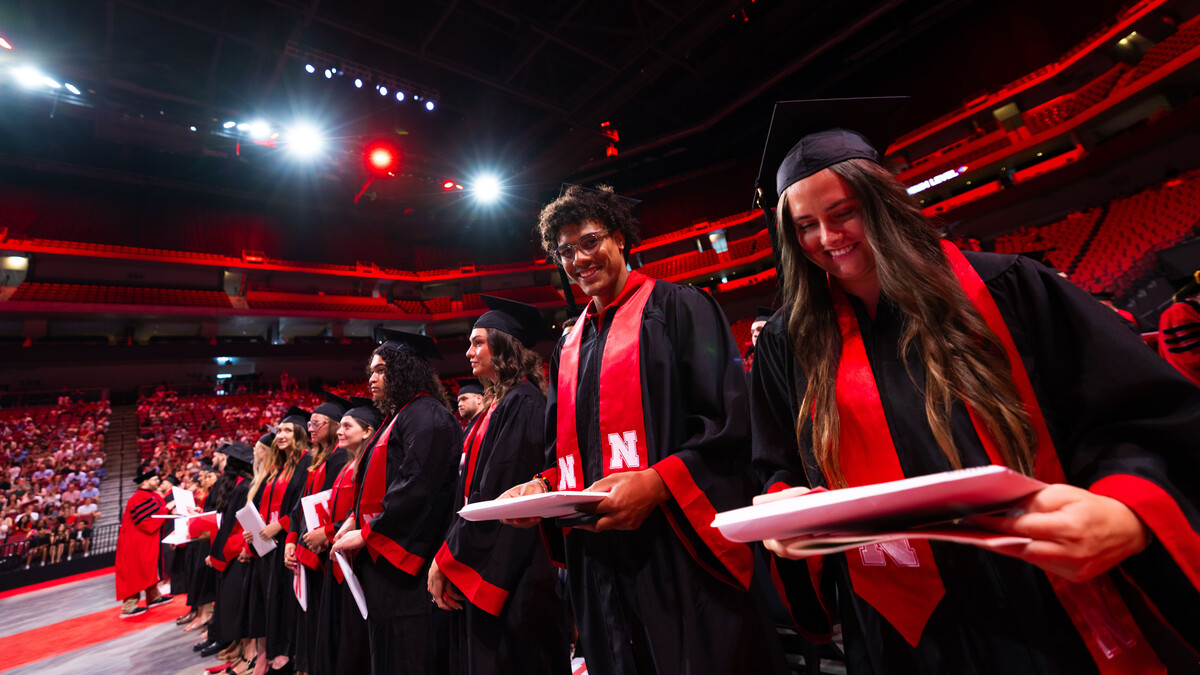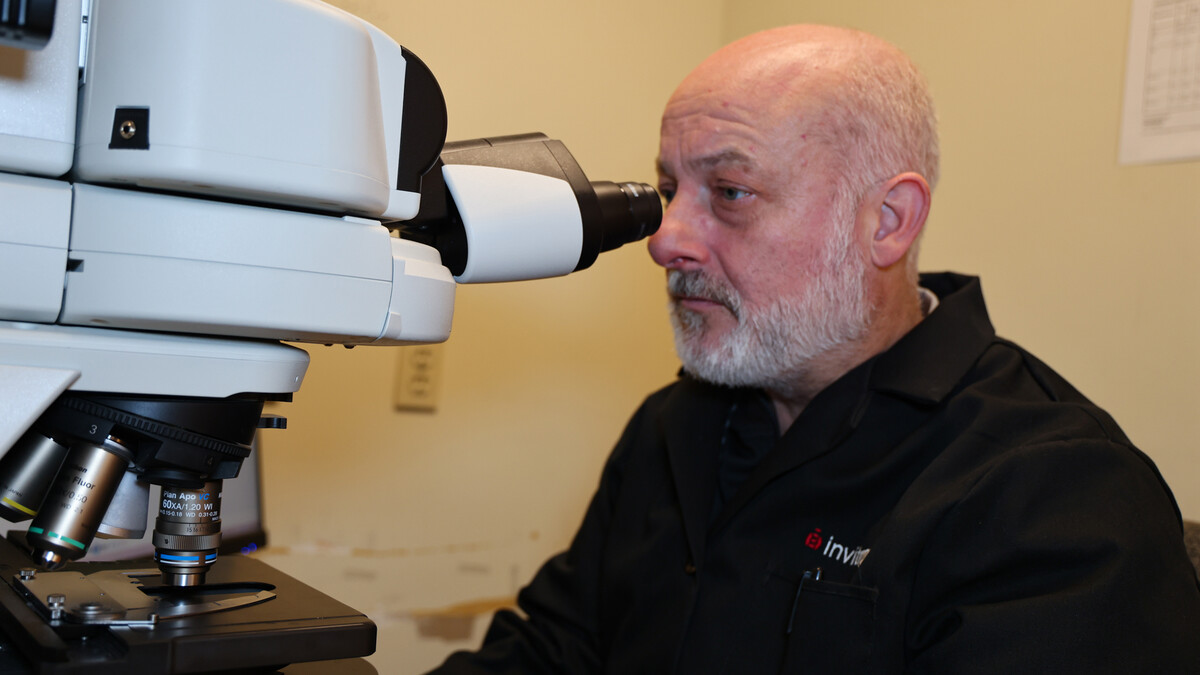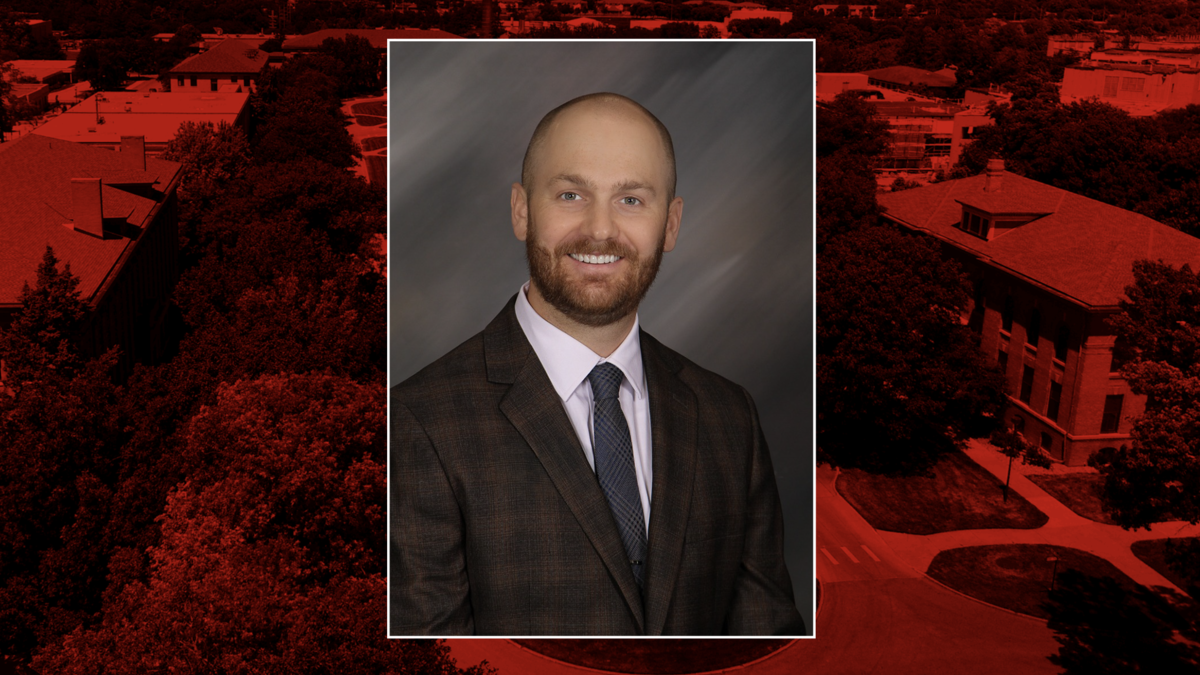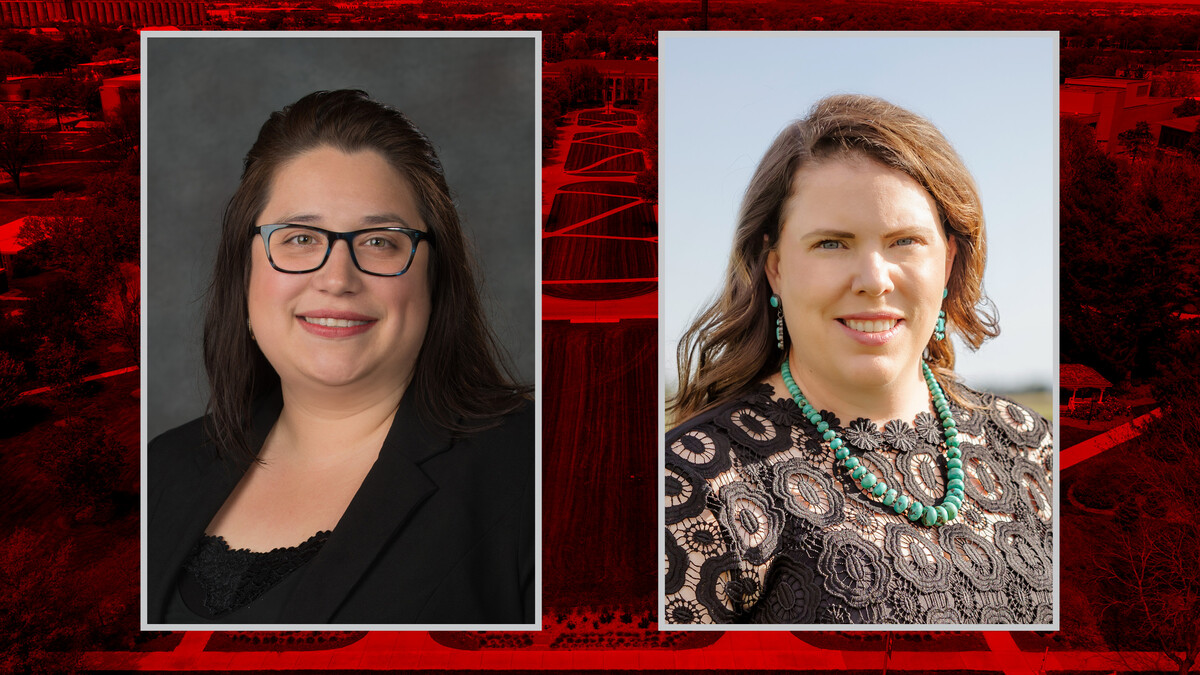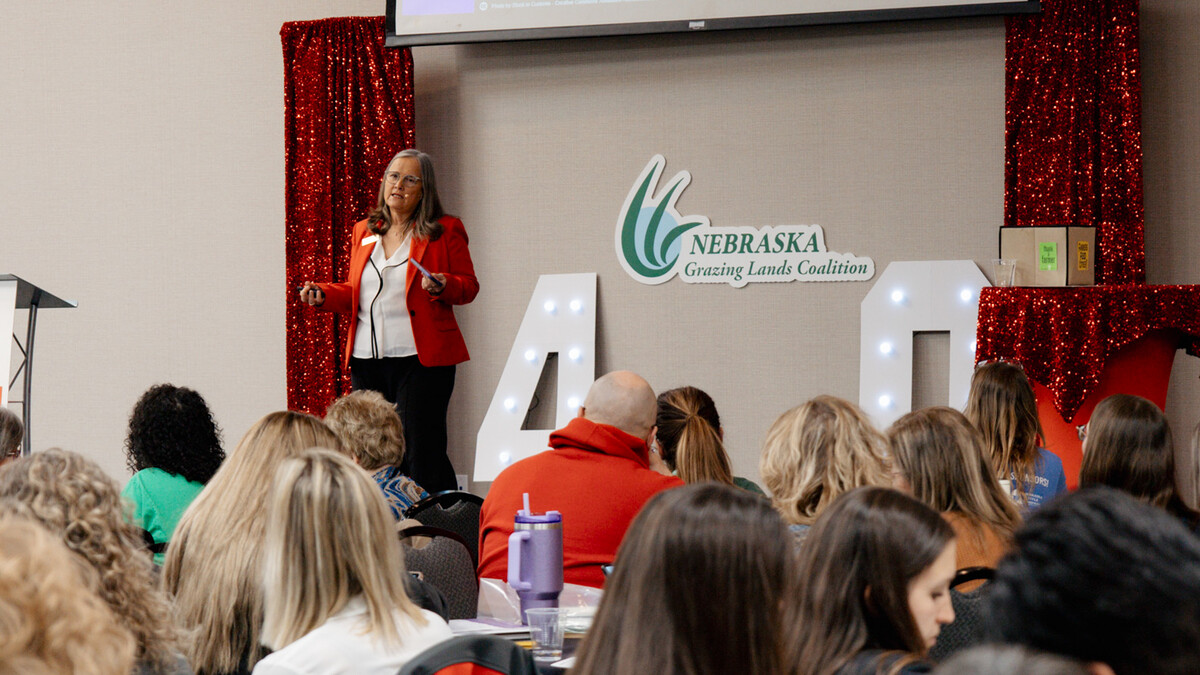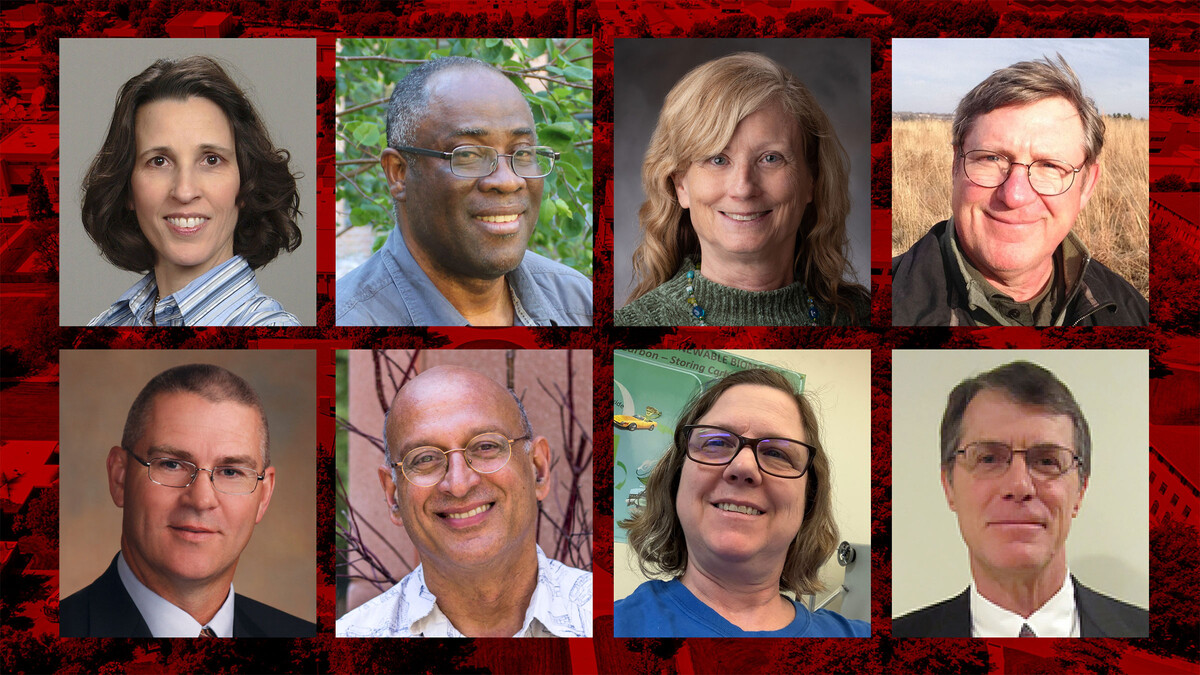Lincoln, Neb. —The National Strategic Research Institute (NSRI) at the University of Nebraska has appointed 30 researchers from the University of Nebraska System’s four campuses as NSRI Fellows.
Bringing forward their expertise from a range of disciplines — chemistry, biology, engineering, computer science, pharmacology, psychology and more — the new fellows expand the network to 161 researchers. NSRI Fellows aim to build multidisciplinary teams that develop solutions for complex problems across the spectrum of chemical, biological, radiological, nuclear and explosive (CBRNe) threats.
"It is motivating to see this program continue to expand — to see so many University of Nebraska researchers commit to using their expertise for national security,” said Dr. Joshua Santarpia, NSRI science and technology advisor. "Advancing and evolving threats demand this type of nimble, interdisciplinary contingent of academic researchers. This network has already proven to be incredibly valuable to NSRI and the U.S. Department of Defense (DOD), and we look forward to engaging this new group of fellows."
NSRI is the DOD-designated University Affiliated Research Center (UARC) sponsored by U.S. Strategic Command and affiliated with the University of Nebraska System. As a UARC, NSRI must maintain essential research and engineering capabilities for the DOD to leverage. The NSRI Fellows help bring that requirement to fruition, contributing their expertise, laboratories and students to deliver defense solutions.
NSRI Fellows 2024 Cohort
Listed with department and campus
- Aron Barbey, psychology, University of Nebraska–Lincoln
- Rick Bevins, psychology, University of Nebraska–Lincoln
- Andreia Bianchini-Huebner, food science & technology, University of Nebraska–Lincoln
- Nathan Bills, surgery, University of Nebraska Medical Center
- Paul Burger, geography, University of Nebraska at Kearney
- Siddappa Byrareddy, pharmacology & experimental neuroscience, University of Nebraska Medical Center
- Clay Cressler, biological sciences, University of Nebraska–Lincoln
- Shaun Cross, environmental, agricultural & occupational health, University of Nebraska Medical Center
- Benson Edagwa, pharmacology & experimental neuroscience, University of Nebraska Medical Center
- Jared Evans, pathology & microbiology, University of Nebraska Medical Center
- Chris Exstrom, chemistry, University of Nebraska at Kearney
- Krista Forrest, psychology, University of Nebraska at Kearney
- Nathan Huynh, civil & environmental engineering, University of Nebraska–Lincoln
- Alexey Krasnoslobodtsev, physics, University of Nebraska at Omaha
- Louise Lynch-O’Brien, entomology, University of Nebraska–Lincoln
- Patrice McMahon, political science, University of Nebraska–Lincoln
- Benny Mote, animal science, University of Nebraska–Lincoln
- DJ Murry, pharmacy practice & science, University of Nebraska Medical Center
- Sara Myers, biomechanics, University of Nebraska at Omaha
- Austin Nuxoll, biology, University of Nebraska at Kearney
- Massimiliano Pierobon, computing, University of Nebraska–Lincoln
- Robert Powers, chemistry, University of Nebraska–Lincoln
- Basheer Qolomany, cyber systems, University of Nebraska at Kearney
- John Ruberson, entomology, University of Nebraska–Lincoln
- Lauren Sauer, environmental, agricultural & occupational health, University of Nebraska Medical Center
- Cody Stolle, mechanical & materials engineering, University of Nebraska–Lincoln
- Harkamal Walia, agronomy & horticulture, University of Nebraska–Lincoln
- Karrie Weber, biological sciences, University of Nebraska–Lincoln
- Xinqiu (Joe) Yao, chemistry, University of Nebraska at Omaha
- Xiaoqian (Tiffany) Zhang, computer science, University of Nebraska at Omaha
Dr. Chris Exstrom, professor of inorganic chemistry at the University of Nebraska at Kearney, brings forward deep research experience with solvatochromic compounds, gold and semiconductor nanoparticles, xerogels and concrete materials, positioning him to respond to needs for sensors, electronics and building materials.
"It is an honor to be recognized by NSRI for my research background and potential contributions to national security," Dr. Exstrom said. "The partnership that NSRI forges between the University of Nebraska and the Department of Defense is unique and a shining star in our university system. I am excited that NSRI ‘thinks through the entire range of strategic deterrence scenarios.’ This maximizes opportunities for faculty, students and other research staff at all of our university campuses."
Dr. Cody Stolle, research assistant professor of mechanical and materials engineering at the University of Nebraska–Lincoln (UNL), focuses his research on vehicles, structures, computer simulation analysis and the design of features for structural rigidity and energy absorption. Leveraging the staff and capabilities of the UNL Midwest Roadside Safety Facility, he provides tested and crashworthy designs of perimeter defense systems, transportation safety and logistics solutions, threat deterrence and countermeasure assistance and improved threat identification procedures.
"I am thrilled to be an NSRI fellow and join an elite collection of specialized and talented experts contributing to the protection of the nation’s warfighters and infrastructure,” Dr. Stolle said. “I am thankful for the opportunity to contribute my body of knowledge and the capabilities of the Midwest Roadside Safety Facility to NSRI’s focus areas of strategic deterrence, threat-based training, and threat detection and countermeasure development."
Using in vitro, preclinical, clinical and pharmacogenomic data, Dr. DJ Murry, professor of pharmacy practice and science at the University of Nebraska Medical Center, advances novel therapies aimed at safeguarding U.S. warfighters. Collaborating with multiple investigators with diverse expertise, he is currently concentrating on the development and optimization of therapies targeting acute radiation syndrome and chemical countermeasures.
"As an NSRI Fellow, I can leverage my expertise in drug development, pharmacokinetics and pharmacodynamics to contribute to the protection of our warfighters and to the advancement of therapies for emerging threats," Dr. Murry said. "The chance to collaborate with professionals within the NSRI network, leveraging their diverse expertise, is invaluable."
Dr. Xiaoqian (Tiffany) Zhang, assistant professor of computer science at the University of Nebraska at Omaha, brings several years of experience collaborating with leading institutions on machine learning research projects. With a combination of research knowledge and hands-on experience in developing cutting-edge technologies for national security, she can offer efficient solutions to bolster U.S. security measures.
"Being part of NSRI means being at the forefront of innovation and collaboration, working alongside top experts in the field to develop cutting-edge solutions that safeguard our nation's interests," Dr. Zhang said. "The prospect of being involved in such vital work, and the potential to make a tangible difference in ensuring national security, is incredibly motivating and inspiring to me."
Learn more about the NSRI Fellows at nsri.nebraska.edu/fellows.
